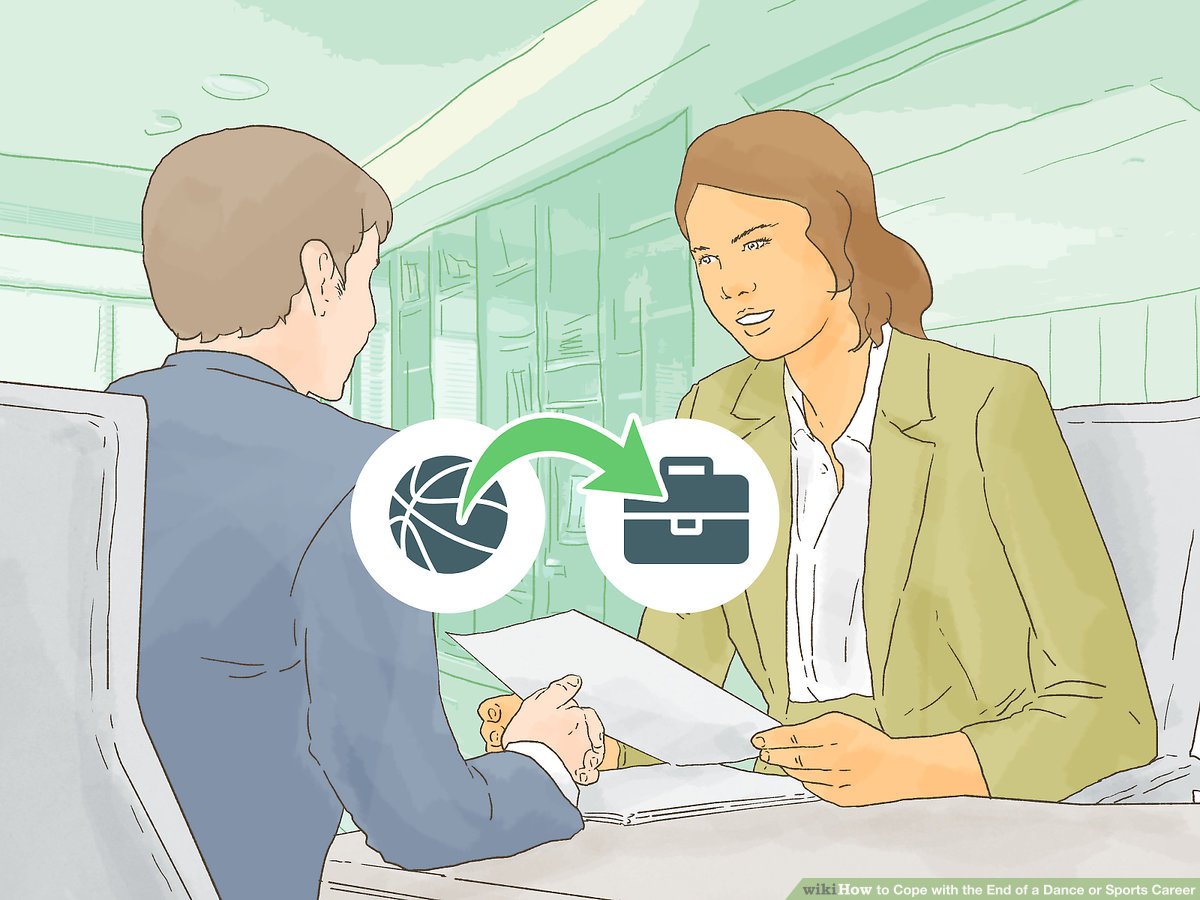Within these few days, in addition to tennis players Roger Federer and Serena Williams, another top athlete announced the end of his career, Slovak hockey player Zdeno Chára.

In these cases, athletes prepare for this decision for a long time, consider how they will "live on", they usually already have a plan. This is an ideal scenario, but even in this case, the transition to normal life can have an impact on their psychological well-being. The worst case is when the athlete is absolutely not interested in this issue, as he sees himself at the peak of fame, fitness, he is doing well, everything is ideal. But then injury comes and ends his career. And what now?
In our practice, we come across athletes for whom this change was so difficult that they could not help themselves.
- a new lifestyle
- missing social contacts
- adaptation to family (athletes often live outside their families, somewhere abroad, and it is difficult to adapt to the normal functioning of the family)
- decrease of social status
- decrease of financial security
- lack of "attention" from the media and fans
- unstructured time - previously they had a fixed schedule - trainings, matches etc.
These are just few things that will change completely and an athlete needs a high level of adaptability to handle these changes.
- depression
- anxiety
- anxious thoughts
- feelings of misunderstanding by the vicinity
- risky behavior - gambling, betting, drinking, adrenaline situations seeking
- obesity
We also encounter these consequences with athletes who were not ready for the end of their careers. They are suddenly alone, whereas before they lived in a collective (in a team or an implementation team). They had clear goals, a program for every day, season, year, 2 years and suddenly they have nothing...
What should I do? What achievements await me? My peers have already established companies, have stable jobs, established a family functioning. There are few social contacts, and even if there are, while the athlete suddenly has "a lot of time", his friends have to go to work and do not have time to meet. Financial insecurity, decrease of income... Even if some athletes managed to graduate from a school with some specialization in addition to their career, they still have problems, as they have lack of practice, experience and compared to their peers who already have a built-up background and social status in their profession, they are still just at the starting point, which is again related to the lower financial valuation...
These are just a few examples of the problems and difficulties that an athlete has to deal with after the end of his career.
What to do to prevent this from happening? How to avoid negative consequences of ending a career?
How to prepare for the transition to normal life and functioning?
- Prepare and solve things sooner rather than later. First of all, it is good to deal with it even during your career. Unfortunately, injury can happen at any time. Having a backup plan gives you peace of mind. You don't have to worry about "what if?"... and this can subsequently have a positive impact on your performance. You can go to competitions and matches without fear of injury.
- Point of view. It's up to you how you approach the matter. You can take it tragically or on the contrary you can take it as a new challenge, a new beginning. What positive will this change bring to your life? What can you get out of it? Of course, by this change, you will also lose something... This is the case with every change, but it is necessary to focus on the positives. Why worry about the negatives - it's something you can't change.
- Use the support of people around you. The coach can make the termination process easier by addressing it as part of an athlete’s training; just as mental skills are becoming more accepted as important to an athlete’s success, planning and goal-setting for the future can also be seen as an integral part of the training. The more the coach makes this clear, the more the athlete will accept it. After career termination the coach, family and friends can be supportive to the athlete by helping him or her understand the grief process and that it is normal to experience it.
- Social contacts. During their career, athletes mostly move in the environment of other athletes, teammates and the implementation team. However, it is good not to lose contacts, acquaintances and friends outside of sports. Family friends, classmates from school, childhood friends. These are the people who will support you, they will be always there for you.
- Business, hobbies and free time. If it is possible, do something in addition to your sports career. Have a business that you may not be very involved in yet, but after your career is over, you can fully engage in it and continue. Get involved and be active in other areas as well.
- Finances. It's great to enjoy every day, but in the case of sports, you also have to think about tomorrow. It's good to secure yourself financially, have reserves, think about the life after... In case your career ends unexpectedly, you can be sure and calm that while you overcome the recovery period, start a business or find a new job, you don't have to worry about finances.
- Ending an athlete's career does not mean the end of a sporting life. Matches, training, playing sports - you can participate in all of this and continue to live with it even after an active career. Although from a different position, for example as a spectator, fan, coach, referee, etc., you can still enjoy sports.
We realize that each case is specific and the advice is just an advice that can help, but many times it doesn't work universally. If you are currently going through a bad period, have no one to talk to or do not find understanding, you can turn to our experienced team of psychologists and mental coaches who will help you manage the transition from a professional career to normal life. We will help you with adaptation and together we will find a new path and a new meaning of life.
Source of image: www.facebook.com.

